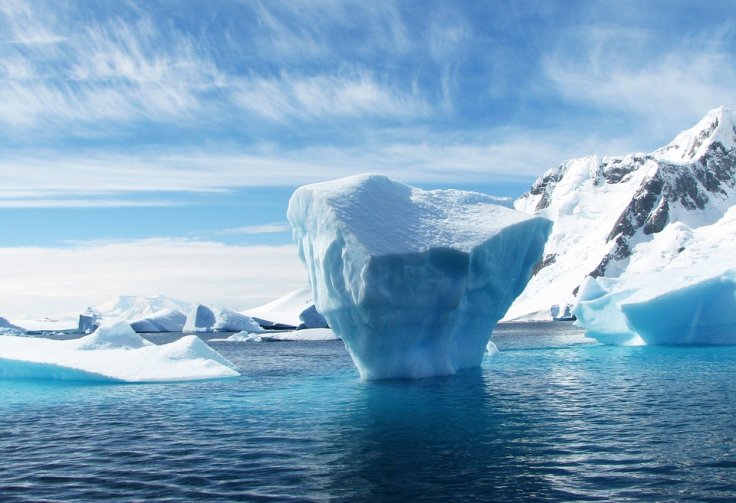Amid rising global warming and rising sea level tensions, the temperature in northern Antarctica has recorded nearly 65 F (18.3 C), creating a new temperature record on the continent that is known for its ice, snow and penguins.
According to reports, the temperature reading was taken at an Argentine research base, known as Esperanza, on Thursday. The research base is located on a peninsula that is just up towards the southern tip of South America. However, it still needs to be verified by the World Meteorological Organization (WMO).
Rapid warming in the peninsula
Randall Cerveny, who researches records for the organization, said: "Everything we have seen thus far indicates a likely legitimate record." He added that he is waiting for the complete data to confirm the temperature reading.

The WMO said the peninsula has warmed significantly over the past half-century - almost 5.4 F (3 C). According to Cerveny, the unusually high temperature was likely because of the rapid warming of air coming down from a mountain slope. In March 2015, the previous record on the continent was marked at 63.5 F (17.5 C).
In recent times, scientists have been busy trying to find solutions to tackle the effects of climate change that is heating up Antarctica and the Arctic — the two polar regions of our planet —faster than the other regions of the planet.
Annual report on Antarctica
An annual report, published in December by the National Oceanic and Atmospheric Administration, revealed that the Arctic is warming more than twice as fast as the rest of the world. However, there is no similar annual report for Antarctica that will help experts to understand the rate of rapid changes.
A September 2019 study, published in the journal Scientific Reports, discovered more than 65,000 supraglacial lakes on East Antarctica's ice sheet. The study explained how supraglacial water can pour into cracks leading to fractures in glaciers. This is of extreme concern as it is speeding up the melting of glaciers and rise in sea levels.









